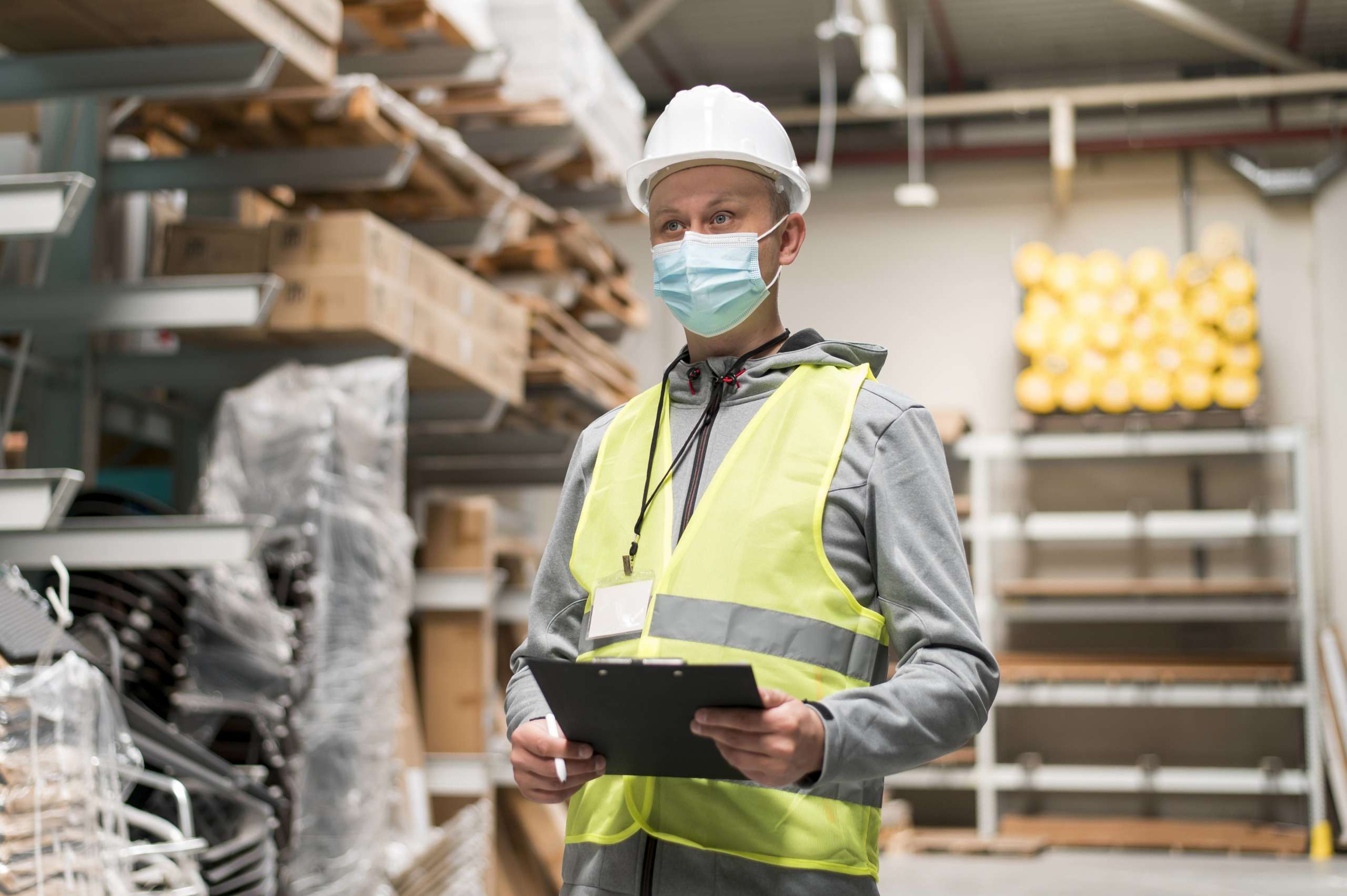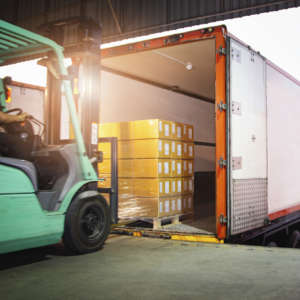Although Brexit had its ups and downs, leaving its mark on business all across the supply chain; the issue was overshadowed wholeheartedly by the worldwide outbreak of COVID that hit us in early 2019. It’s time we discuss how this tragic and rampant pandemic, has and is affecting business all the way across the supply chain.
Whilst Brexit was in talks for years, giving those in industry a period of time to some-what prepare for what was to come, COVID-19 seemed to creep up out of no where and put a spanner in the works, seemingly; for everybody.
So how was the supply chain initially affected with the COVID outbreak?
2020
Some key points to mention were that the:
- Global Lockdowns led less demand, and subsequently less production, business and even less storage space available due to a back log of stock.
- Airlines reacted to the enormous demand for PPE worldwide, by beginning converting aircraft (Preighters) into vessels just for carrying
- Ocean capacity is massively constrained, leading some lines to cancel longer term contracts and push shippers and importers to the FAK (Freight All Kind) spot market.
2021
- Power shortages and periodic power cuts were responsible for increasing pressure on manufacturing regions based in China
- The HGV driver shortage created an additional issue, due to the lack of workforce there was added congestion resulting in storage, detention and demurrage costs.
- Along with many other issues.
2022 and the future
At every part of the supply chain, people are at the forefront, whether it be packing, transporting or selling the product, there is always the involvement of another person at every step of the way. That’s why there must be safeguarding put in place to prevent the risk of the same collapse happening again, to better equip us to something that in its essence is catastrophic, in so many ways.
What we can take away from the pandemic, would be that a more modern approach to how companies work can be hugely beneficial, for health, mental health of staff and even for the planet. Did you know that, CO2 emissions in 2020 had dropped by 10% in the UK due to the pandemic (according to Edie Newsroom)? Or even that global CO2 emissions were cut by 7.8% I(Smith, Vanessa) in 2020, compared to 2019? As well as this companies who embrace technology and e-commerce are at an advantage here, having less risk of a total shut down, due to their reliance on robotics, cloud storage and other uses of technological labour.
This is something that directly links to our industry, as we are always using technology or different modes of transport, with the drop of emissions the planet finally had some time to breathe, much like many of us who were stuck at home. We can pioneer forward to create a sustainable, environmentally friendly and employee focused supply chain if we take the time to absorb these tragic, yet valuable lessons.
COVID came along and put a spanner in the works, but that doesn’t mean that the wheel will stop turning!
Check out more from Birmingham Bond here.



